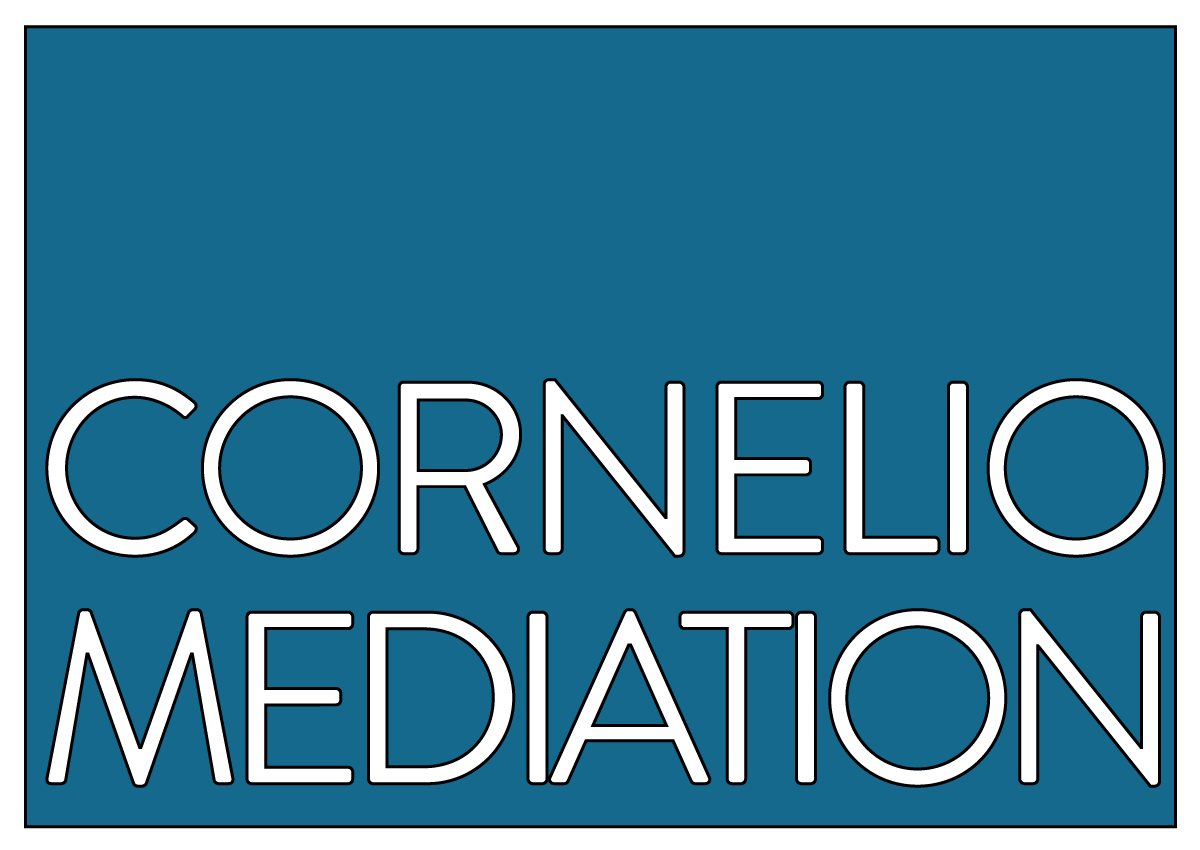Alternative Dispute Resolution
Alternative dispute resolution (ADR) is a process that allows people the opportunity to resolve legal disputes without having to resort to litigation. ADR is designed to be an alternative to resolving a legal dispute through civil trial utilizing a less expensive and time consuming process. The Arizona Courts favor/mandate some form of ADR before trial. Rule 16 of the Arizona Rules of Civil Procedure requires that a trial judge facilitate the an appropriate use of ADR and should require that parties to a lawsuit submit their case to a settlement conference or private mediation prior to trial.
TYPES OF ADR SERVICES:
Mediation Services
Mediation is one of the primary forms of ADR. It is a dynamic, fluid, and yet structured process. The parties meet with a neutral mediator, who assists them in resolving their conflict through communication and certain techniques of negotiations. The mediation usually begins with a joint session, where the parameters of the process are laid out by the mediator. The parties are then separated, so that individual sessions can occur in a confidential manner. The parties are encouraged to be vocal and participate. Their counsel is always with them, when discussions occur with the mediator. A skilled and successful mediator will use a variety of methods to encourage frank discussions. A mediator should be facilitating in guiding negotiations, and will also be evaluative of the legal, factual and other issues (reality testing). The more experienced and knowledgeable the mediator, the greater chance for success. The goal is to help the parties achieve a compromise, that can be confidential and significantly less expensive, time consuming and certain than a trial. There are, sometimes “out of the box” solutions that could not be achieved in court. Finally, the control of decision making and outcome, is with the parties, not the mediator, judge or jury. Because a settlement is agreed to by all parties, compliance with the mediated agreement is much more likely. If however, there is a lack of compliance, mediated settlements are enforceable in court.
Arbitration Services
Arbitration is another form of ADR. It is more formal, where evidence and testimony is received by the arbitrator, who acts as the selected “judge” to make decisions regarding the parties dispute. Unlike, formal litigation, this process can be quicker, less expensive and confidential. With arbitration, unlike proceeding in Court, the parties can select someone who is experienced and knowledgeable in the area of conflict or dispute. Once an Arbitration decision or Award is made by the arbitrator, it can be enforced in court and reduced to a Judgement that can be executed and collected on.
Neutral Evaluation Services
In this form of ADR, the parties present their cases in a very informal process, to the neutral evaluator. Non-binding opinions are then given to the parties on the strengths and weaknesses of both sides. The parties can then take this information and decide on how to best proceed with resolving their dispute (eg trial, mediation, negotiation, or arbitration).
Virtual Mediation Services
I have been trained in and am successfully conducting virtual mediation. Virtual Mediation allow some (or all) participants to attend mediation without physically being present at a site. Zoom allows us to meet in a main meeting room and establish ground rules. Then Zoom allows for separate breakout rooms, where counsel and their clients can be separated and “locked away” from other participants while negotiations take place. When a settlement is reached, we document it and meet back in the Main room to confirm. If you are interested in these services, please contact me.
